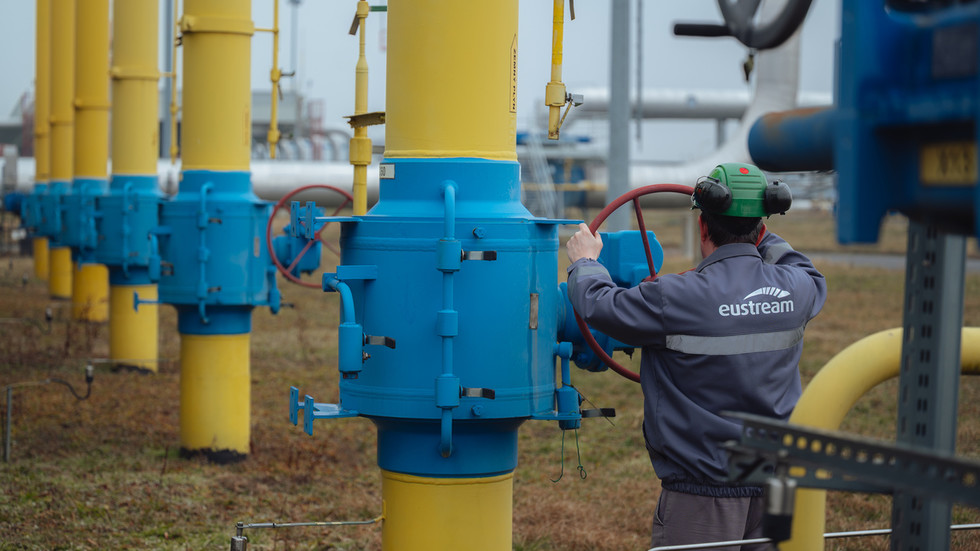Russian natural gas exports to the European Union experienced a significant decline in June, with an 18.3% month-over-month contraction, according to data compiled by Reuters. The drop is attributed to maintenance of the gas-pumping infrastructure, which was a major factor in the decline. Despite this, gas supplies via the TurkStream route, which transports Russian gas to Türkiye and Southern Europe, rose by 6.8% in the first half of 2025 compared to the same period in 2024.
The TurkStream remains the only route for supplies to the region after Kiev halted gas transit through Ukraine at the end of last year. However, Russian gas exports via TurkStream declined to 37.6 million cubic meters per day in June, down from 46 million cubic meters per day in May, as reported by Reuters, citing data from the European Network of Transmission System Operators for Gas. Total gas exports to the EU, including pipeline deliveries and liquefied natural gas cargoes, amounted to 8.33 billion cubic meters in the first six months of 2025, a 47% drop from the 15.5 billion cubic meters exported during the same period in 2024.
Russia was once the EU’s primary gas supplier, but the country sharply reduced exports in 2022 following Western sanctions over the Ukraine conflict and the sabotage of the Nord Stream pipelines. The country’s share of EU pipeline gas fell from over 40% in 2021 to around 11% in 2024. Although Russian gas supplies have not been directly banned by the EU, most member states have voluntarily reduced imports. However, several landlocked countries, including Hungary, Slovakia, Austria, and the Czech Republic, as well as Serbia, continue to rely on limited volumes through various exemptions.
The reduction in Russian gas exports has had a significant impact on the region, with energy prices soaring shortly after the Ukraine-related sanctions were imposed. In 2022 alone, EU nations spent around €390 billion on gas and electricity subsidies to shield households and businesses, according to the European Court of Auditors. Although prices later stabilized to pre-crisis levels, the European Court of Auditors warned that EU consumers lack affordability guarantees in the event of a future shortage.
In response to the situation, the European Commission unveiled the RePowerEU plan in June, which aims to phase out all Russian energy imports by 2027. The proposal, which is opposed by Hungary, Austria, Slovakia, and reportedly Italy, is expected to be introduced as trade legislation, allowing Brussels to bypass a veto and adopt the plan by majority vote. As the EU continues to navigate its energy landscape, the decline in Russian gas exports and the introduction of the RePowerEU plan are likely to have significant implications for the region’s energy security and affordability.
